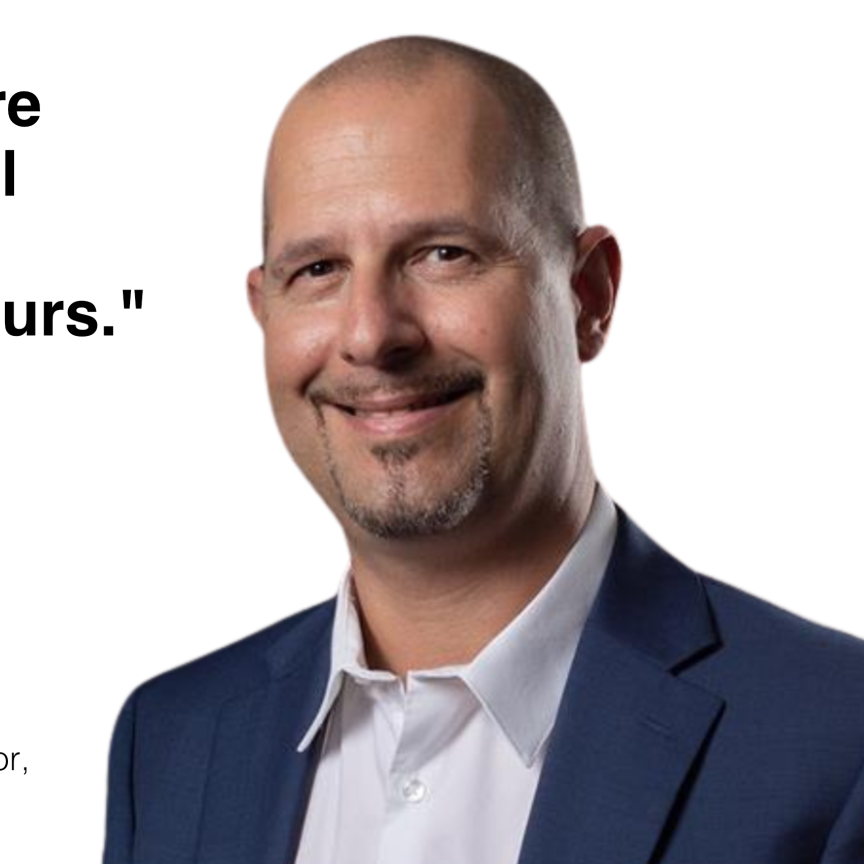The global border control and biometrics market is projected to expand steadily due to increasing international co-operation on travel security issues. While the market offers immense growth potential, issues related to privacy and proving quantifiable returns on investment (ROI) will have to be tackled, if the market is to take-off.
New analysis by Frost & Sullivan, Global Border Control and Biometrics Market Assessment finds that the market earned revenues of $5,836.5 million in 2012 and estimates this will reach $15,836.0 million in 2021. The research covers security, military, government and law enforcement applications.
'Enhanced international collaboration related to travel security is pressuring governments to implement electronic documents and readers,' noted Frost & Sullivan’s Aerospace & Defence Research Analyst Krzysztof Rutkowski. 'This is an enabler for airports and border control agencies to become more efficient in their business-as-usual functions.'
Electronic documents (such as ePassports) and supplementary eGate technology enable passengers to automatically pass through immigration, without the need for human interaction. This cost-effective technique is set to transform international travel.
Currently, western markets have already implemented ePassports and are experimenting with eGates. The majority of the projects in Europe are still in a pilot phase and 62.5 per cent of all these deployments use facial recognition as the prime biometric technology. Russia has also expressed interest in biometrics and is pursuing improving identification through the deployment of the universal card which will substitute drivers licence, social security cards and other documents.
The eastern markets on the other hand, including India and China, are planning to implement ePassports in 2013. Revenues generated from ePassports will be augmented by sales of eGates, which will be deployed at airports and other border crossings.
'It is imperative that citizens start using biometric technology in their everyday lives,' said Rutkowski. 'This will definitely increase the awareness and acceptance of the technology.'

